The Most Unromantic Horror Movies of All Time
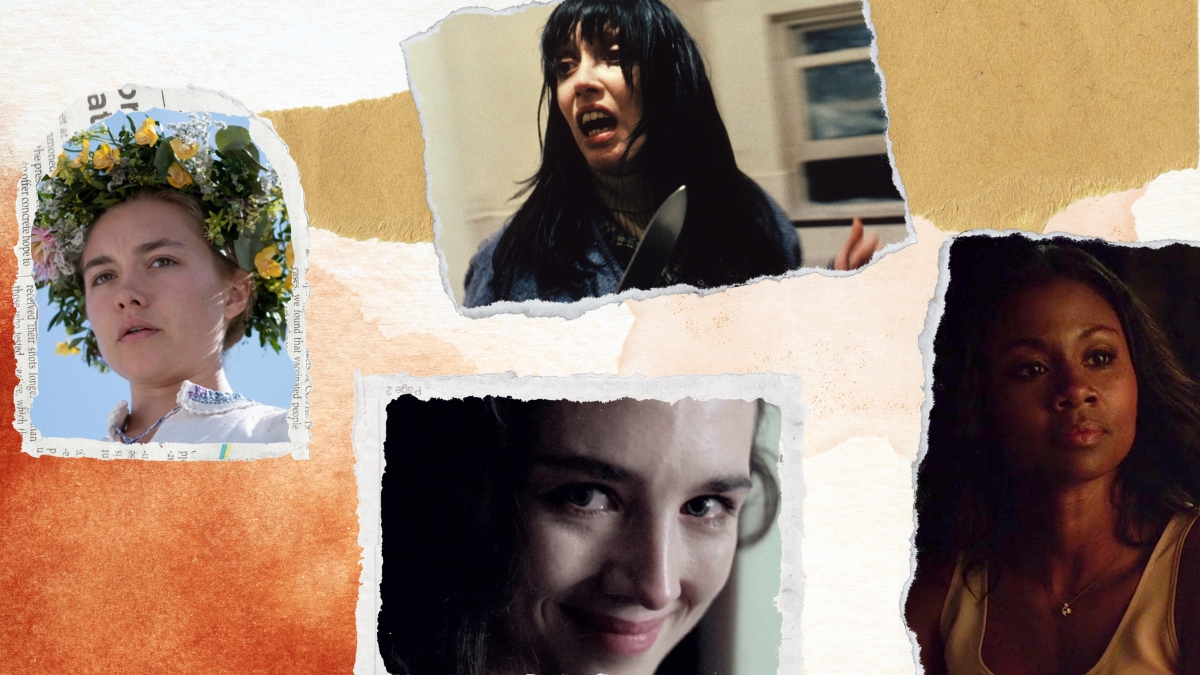
Whether you’re looking for a little Valentine’s Day counterprogramming or getting over a nasty breakup, these horror movies—about bad romance, toxic relationships, and monstrous partners—will do the trick.
Although the two genres have long been intertwined (e.g., Gothic horror), people typically don’t think of horror and romance as bedfellows. The language of horror is an effective means of communicating our deepest fears, and love is often terrifying, inspiring us to reflect on our own shortcomings and confront anxieties—about our worth, our place in the world, and the future. Also, love can be messy and fucking gross.
While the genre has plenty of great couplings, the horror movies below are decidedly unromantic and not recommended if you’re looking for a reason to stay attached.
Midsommar (2019)
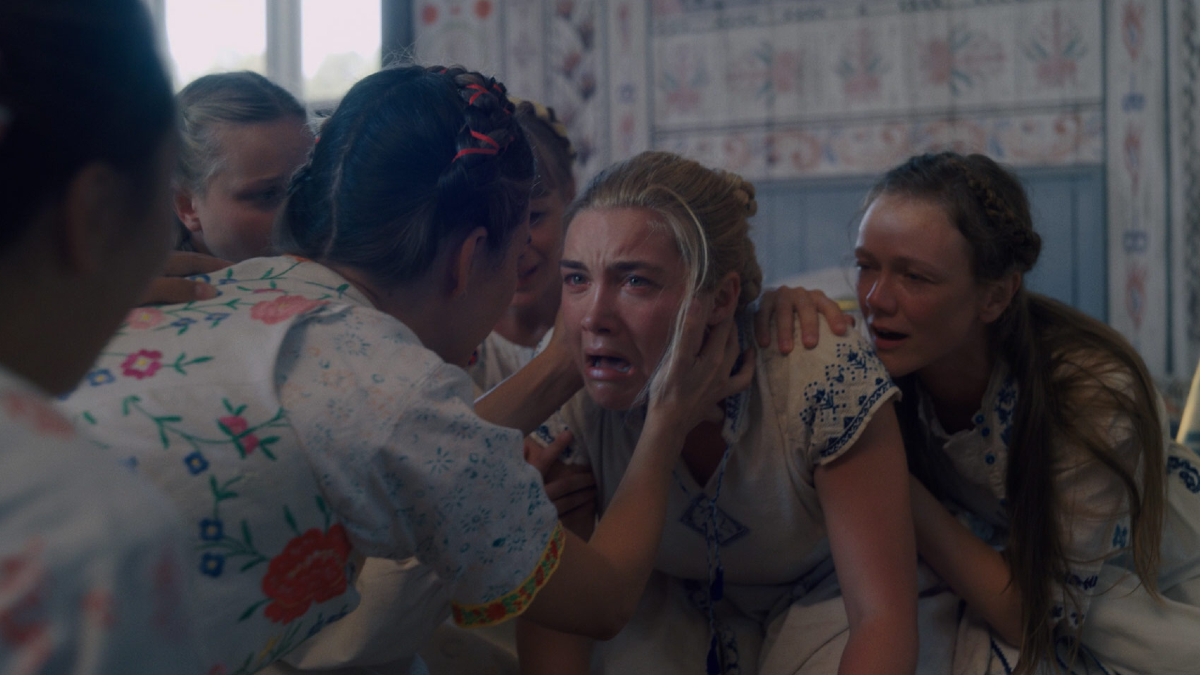
Of course Midsommar made the list. Ari Aster’s second film does for relationships what Hereditary did for families. Florence Pugh stars as Dani, a woman reeling from a recent family tragedy and trying to find solace in her total shithead of a boyfriend, Christian (Jack Reynor). When she learns that Christian and his pseudo-intellectual college bros are taking a vacay to a remote part of Sweden to study the local culture, Dani invites herself along. What the men find in Sweden is a cult steeped in disturbing rituals; what Dani finds is catharsis and community. And if you’ve been through a particularly crummy breakup recently, the ending of Midsommar will feel really satisfying.
Possession (1981)
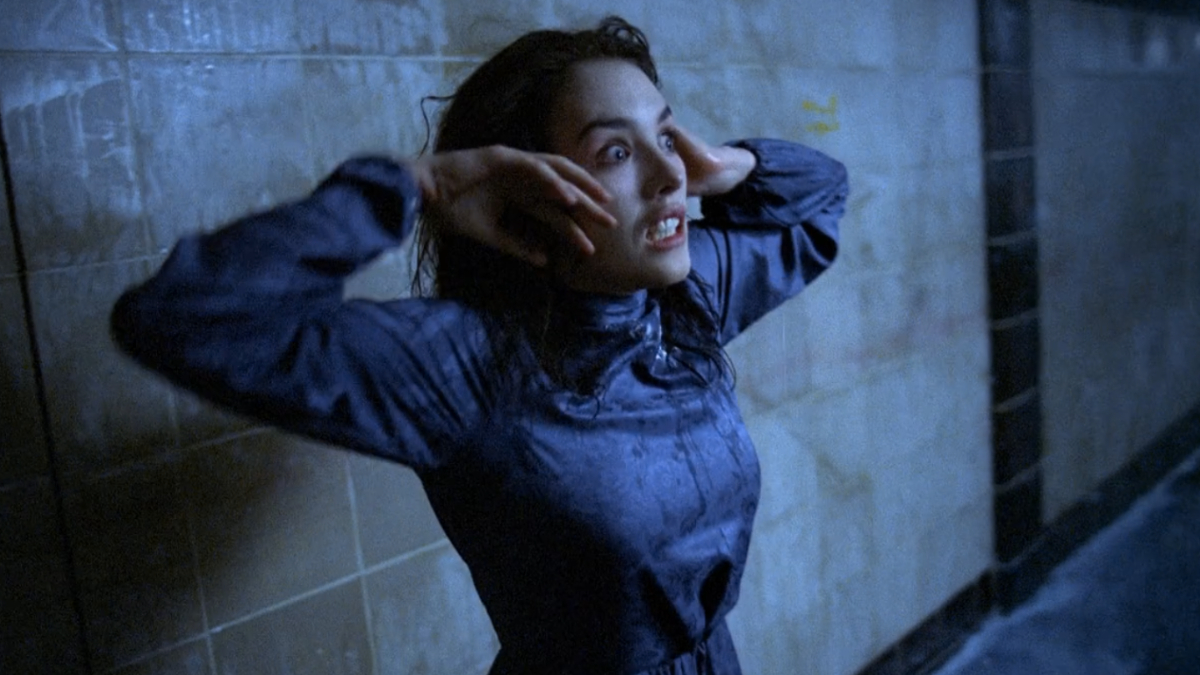
When it was first released in 1981, Possession was banned in the U.K. and labeled as one of the “video nasties”—low budget horror movies with violent content deemed immoral by conservative group. In the decades since, Possession has become a cult favorite and the original cut is easier to see than ever before. Directed by Polish filmmaker Andrzej Żuławski, who wrote the script in the midst of a contentious divorce, Possession stars Sam Neill as Mark, a spy who returns from a work trip to discover that his wife Anna (Isabelle Adjani) is having an affair and has decided to end their marriage. All of this happens in the first few minutes. What follows is a harrowing odyssey through Berlin as Mark tries to figure out why his wife is so determined to end things, and who—or what—has suddenly possessed her.
The Fly (1986)

Though it shares a title and basic plot elements The Fly is very different from the Vincent Price classic. One of David Cronenberg’s more overt works of body horror, The Fly stars Jeff Goldblum as Seth Brundle, a brilliant scientist who develops a teleportation device. Seth becomes romantically involved with Ronnie (Geena Davis), the journalist he’s invited to write about his new invention. During a test run, Seth unwittingly shuts himself in the device with a housefly and soon undergoes a series of increasingly disturbing physical and psychological changes. Some view The Fly as an allegory for the AIDS crisis of the ’80s, but I think it’s a deeply affecting story about a woman realizing she’s in an abusive relationship and fighting desperately to save the man she loves from himself.
mother! (2017)

There was quite a bit of discourse around the release of mother!, Darren Aronofsky’s 2017 thriller starring then-girlfriend Jennifer Lawrence as a woman who keeps busy renovating the idyllic rural home she shares with her husband, a writer played by Javier Bardem. Paradise is disrupted by the arrival of a mysterious stranger, who soon invites his wife and children to join them. As more uninvited guests arrive, the writer welcomes them with open arms while becoming increasingly hostile toward his wife. Is it a movie about God (Bardem) and Earth (Lawrence) and the fundamental forsaking of the latter for (and by) the former? Is it an eco-thriller about climate change? Is it Aronofsky’s self-aware, brazen indictment of himself in relationships? (The opening shot, which features an actress who looks a lot like Aronofsky’s ex, Rachel Weisz, doesn’t exactly invalidate this notion.)
mother! is all of the above, really, and it’s also a great, anxiety-inducing movie about being in a relationship with an absolute narcissist.
The Invitation (2015)

Everyone has at least a little baggage from previous relationships, but in The Invitation, Will (Logan Marshall-Green) has more than most. Years after a tragedy that contributed to the dissolution of his marriage, Will takes his new partner Kira (Emayatzy Corinealdi) to a dinner party hosted by his ex-wife (Tammy Blanchard) and her new husband (Michiel Huisman) in Will’s old home. As the evening gets underway, Will starts to believe his ex-wife and her new beau have ulterior motives—or is he simply unable to let go of the past? Directed by Karyn Kusama (Jennifer’s Body), The Invitation is a riveting thriller and a cautionary tale about staying touch with your ex.
Trouble Every Day (2001)
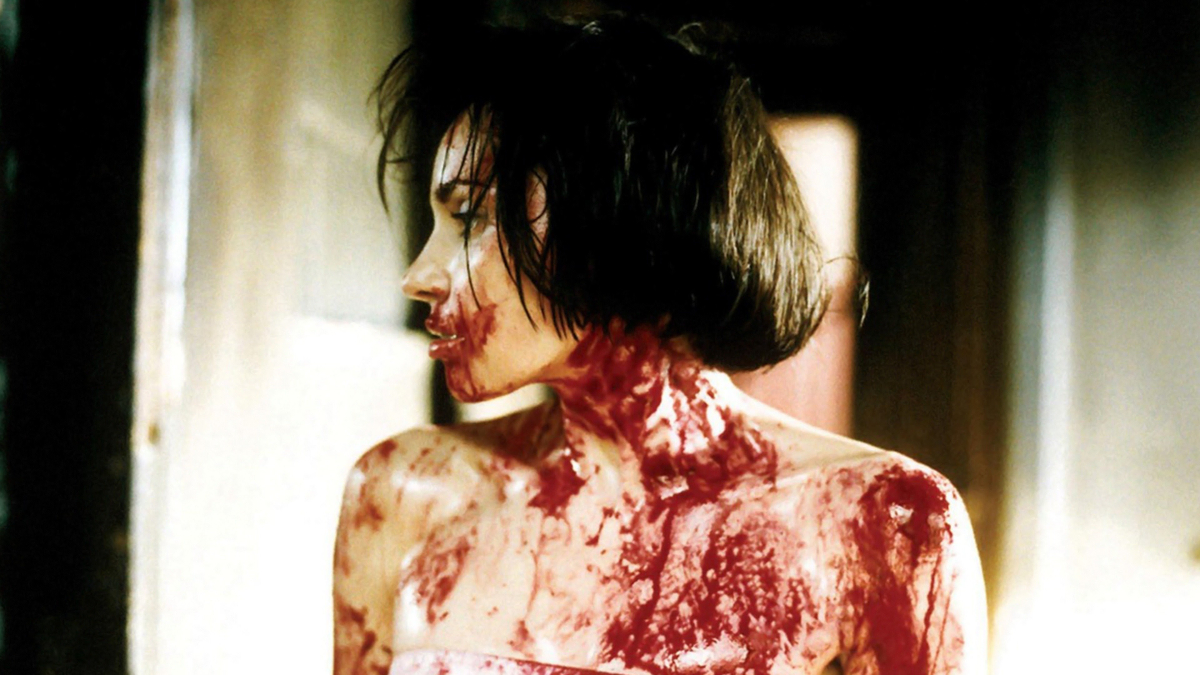
Up front: This movie stars Vincent Gallo, a man with a history of behaving like a misogynist garbage person and supporting conservative politicians, so if you need to avoid that kind of ick, I get it. THAT SAID, French filmmaker Claire Denis makes excellent use of Gallo’s sleaziness in the 2001 horror film Trouble Every Day. Gallo plays a scientist who spends his honeymoon with his new wife (Tricia Vessey) in Paris searching for an old friend—a neuroscientist whose controversial research has been discredited—and finds him living with his wife (Béatrice Dalle), who he keeps locked up to prevent her from having sex with and violently murdering men.
There are cannibalistic elements to Trouble Every Day that are so visceral—I’m thinking of one scene in particular near the end involving Gallo’s character—that they’re difficult to watch. Denis is a masterful filmmaker and Trouble Every Day is a compelling existential thriller that stands apart from the extremism that defined French horror in the early 2000s.
Crimson Peak (2015)

If you enjoy period melodramas, Crimson Peak will check a few boxes. Guillermo del Toro’s beautiful Gothic horror film stars Mia Wasikowska as Edith, a young woman who joins her handsome new husband Thomas (Tom Hiddleston) at the victorian estate he shares with his sister, Lucille (Jessica Chastain). As she adjusts to her new life, Edith is plagued by visions of ghosts that might be related to the dark secrets Lucille and Thomas share.
Antichrist (2009)
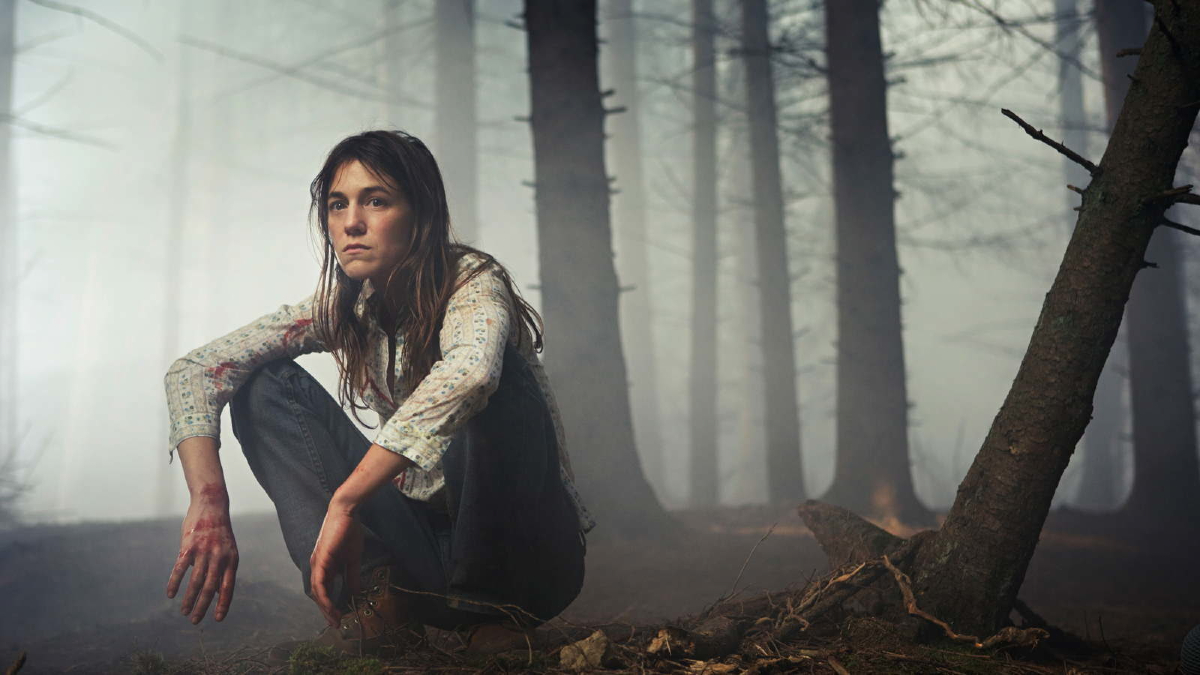
A cabin in the woods is one of the worst places you can go in a horror movie, but Antichrist takes it a step (or 12) further with a cerebral and terrifying expedition through a marriage wracked by unspeakable grief. Following a horrible tragedy, a psychiatrist (Willem Dafoe) takes his distraught wife—whose depression is becoming increasingly volatile—to a remote cabin to heal. Instead, they end up contemplating the nature of evil and internalized misogyny. Directed by Lars von Trier (another man with a history of garbage behavior), Antichrist is filled with totemic imagery and psychoanalytic concepts: animals that talk, the conflation of sex and violence, and the exploration of gendered expression and dynamics. Dafoe and Gainsbourg’s characters are credited as “He” and “She,” evoking a near-mythical or Biblical sensibility.
Audition (1999)

Aoyama (Ryo Ishibashi) is a lonely widower looking for a companion. With the help of his friend, a producer, Aoyama holds auditions for a fake movie as a way to meet prospective partners. And it works: Aoyama falls for the intriguing Asami (Eihi Shiina) and the pair begin a romantic relationship. Unfortunately for Aoyama, Asami’s demure demeanor is hiding a darker side that comes to the surface when she discovers how she and Aoyama really met. Directed by prolific Japanese filmmaker Takashi Miike, Audition became a cult favorite in the early 2000s, renowned for its exceptionally violent climax.
The Brood (1979)

Similar to Andrzej Żuławski with Possession, David Cronenberg wrote The Brood while going through a rough divorce. Released in 1979, the film centers on Nola (Samantha Eggar), a mentally ill woman fighting her soon-to-be ex-husband Frank (Art Hindle) over custody of their daughter. While Nola receives experimental therapy from a radical psychotherapist (the great Oliver Reed), a series of murders near the remote mental institution and strange visits with her daughter lead Frank to investigate the doctor and his unusual methods.
Despite its similar conception, The Brood has more in common with Antichrist and The Fly than Possession. Without spoiling anything, there’s a great, gory climactic reveal—which also makes it a fun watch on Mother’s Day.
The Shining (1980)
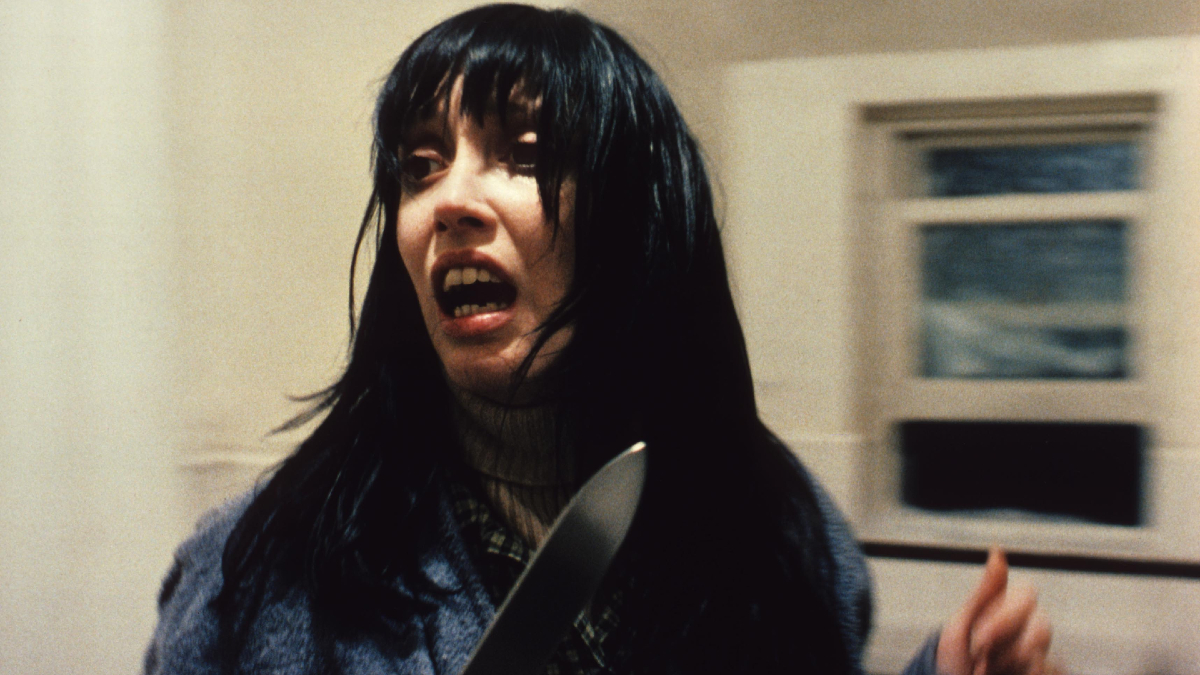
One of the most iconic horror films of all time hardly needs an introduction, but just in case: The Shining follows writer Jack Torrance (Jack Nicholson) as he accepts the position of caretaker at a Colorado hotel over the winter season. Jack brings his wife Wendy (Shelley Duvall) and their troubled young son Danny (Danny Lloyd) to stay with him, hoping the getaway will clear up his writer’s block. Jack’s demons are prodded by the terrifying ghosts haunting the halls of the hotel, loosening the weak grasp Jack has on his deep-seated anger.
Stanley Kubrick’s (loose) adaptation of Stephen King’s classic novel has been criticized for depicting Wendy as mousy and not very bright, but Duvall (and the longest cigarette ash of all time) gives one hell of a performance as a woman in an abusive marriage trying to save her son from his violent father.
The Invisible Man (2020)

Leigh Whannell took one of Universal’s oft-overlooked classic monsters and gave him an unforgettable update in 2020’s The Invisible Man. The movie opens with an impressively suspenseful sequence in which Cecilia (Elisabeth Moss) executes a long-planned escape from her abusive husband, a brilliant tech billionaire named Adrian (Oliver Jackson-Cohen), in the middle of the night. When Adrian is declared dead of an apparent suicide and leaves everything to Cecilia, she is understandably skeptical—there’s no way her violent and narcissistic husband suddenly grew a conscience before mercifully dropping dead. Over the following weeks, an invisible assailant stalks and attacks Cecilia, who suspects that Adrian is using the advanced cloaking tech he developed to continue terrorizing her. And no one believes her.
With a cerebral plot that evokes Gaslight and (unfortunately) timeless themes concerning violent misogyny and abuse—not to mention a killer Elisabeth Moss performance—The Invisible Man is easily one of the best horror thrillers released in recent years.
(featured image: Warner Bros. / Drafthouse Films / Gaumont / A24 / Illustration by Britt Hayes)
Have a tip we should know? [email protected]
